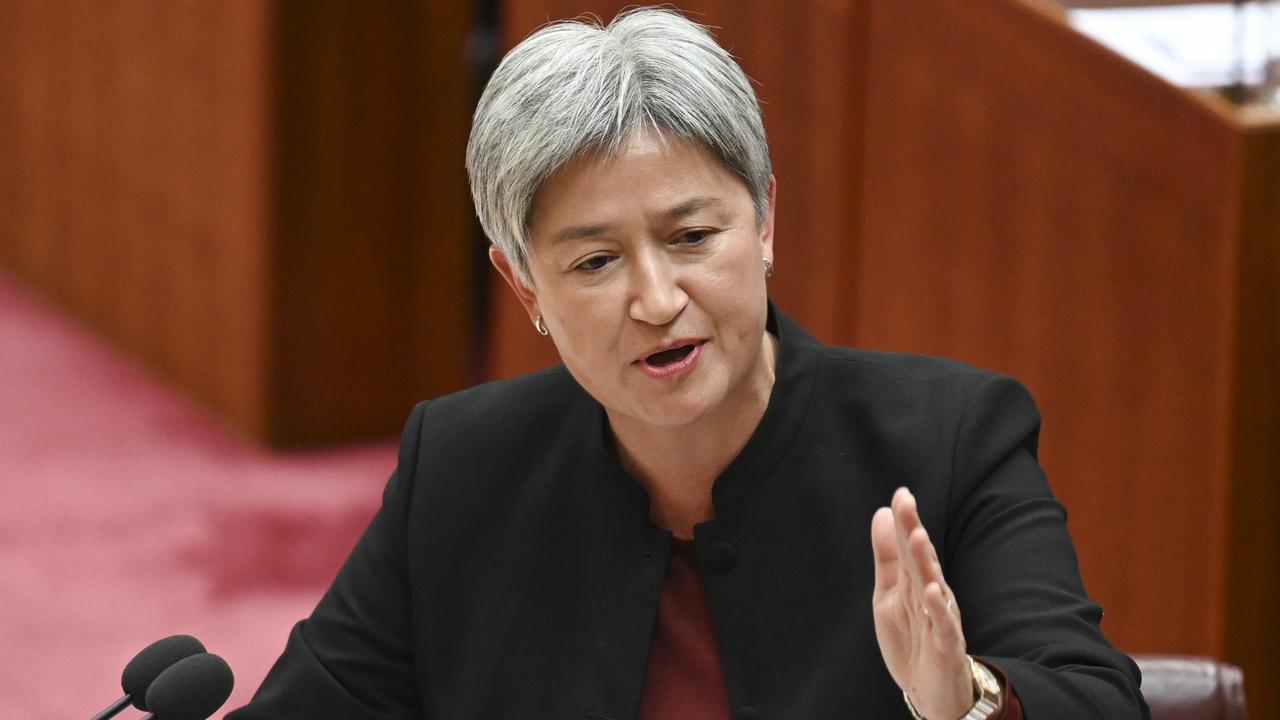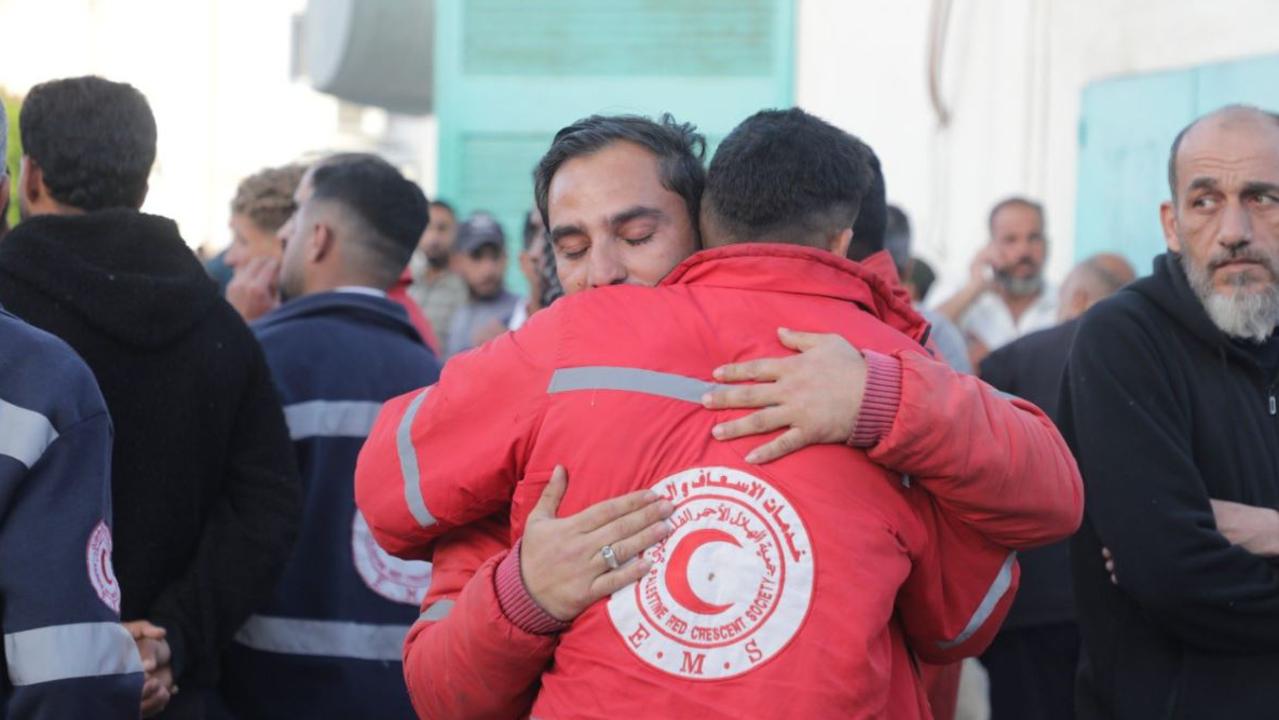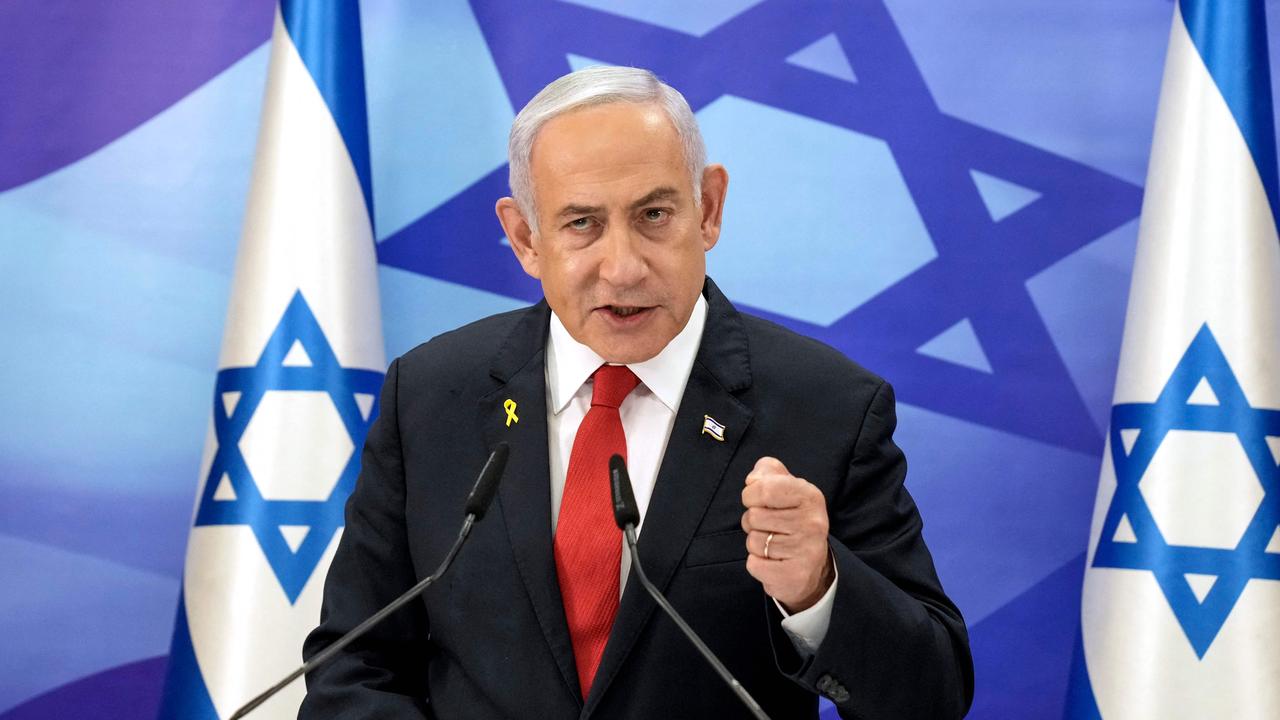Iran ‘preparing imminent strike on Israel’, says US
Iran is “preparing an imminent strike on Israel”, according to a US official. Any attack will have “severe consequences”, they added.

Iran is preparing an “imminent” missile strike on Israel, a senior White House official has said.
It comes after Israeli soldiers entered Lebanon overnight on Tuesday in a huge escalation of events which global leaders fear could lead to a wider war in the Middle East.
The US Embassy in Jerusalem has directed all US government employees and their families in Israel to “shelter in place until further notice”.
The Israeli military said “intense fighting” was taking place and has warned people living in southern Lebanon to evacuate their homes.
The Israel Defence Force (IDF) has also revealed that it has been engaging in covert operations in Lebanon for the past 12 months and had stopped an “October 7 style attack”.
Hezbollah, the political and paramilitary group which effectively runs swathes of the country, has said it “is ready” to defend its territory, launching missiles at Israel.
Stay tuned for updates as this fast-moving situation progresses.
Iran “preparing missile attack on Israel”
Iran is preparing to “imminently” launch a ballistic missile attack on Israel, according to a senior White House administration official.
“A direct military attack from Iran against Israel will carry severe consequences for Iran,” the official warns, adding that the US is supporting “defensive preparations to defend Israel against this attack”.
Israel Defense Forces (IDF) spokesperson Daniel Hagari has said that Israel has not identified any aerial threat being launched from Iran.
The US embassy has told US employees to “shelter in place”, according to NBC.
It has also reminded US citizens of the “continued need for caution and increased personal security awareness as security incidents, including mortar and rocket fire and unmanned aircraft system UAS intrusions, often take place without warning”.
“The security environment remains complex and can change quickly depending on the political situation and recent events,” the notice said.
It comes as Hezbollah announced that it had launched missiles towards an Israeli air base on the outskirts of Tel Aviv.
Israel says it prevented another October 7 style attack
The IDF has revealed that it has been engaging in covert operations in Lebanon for the past 12 months and has been working to prevent another “October 7 style attack”.
The Israeli army said it discovered secret tunnels as part of these operations and dismantled Hezbollah weapons.
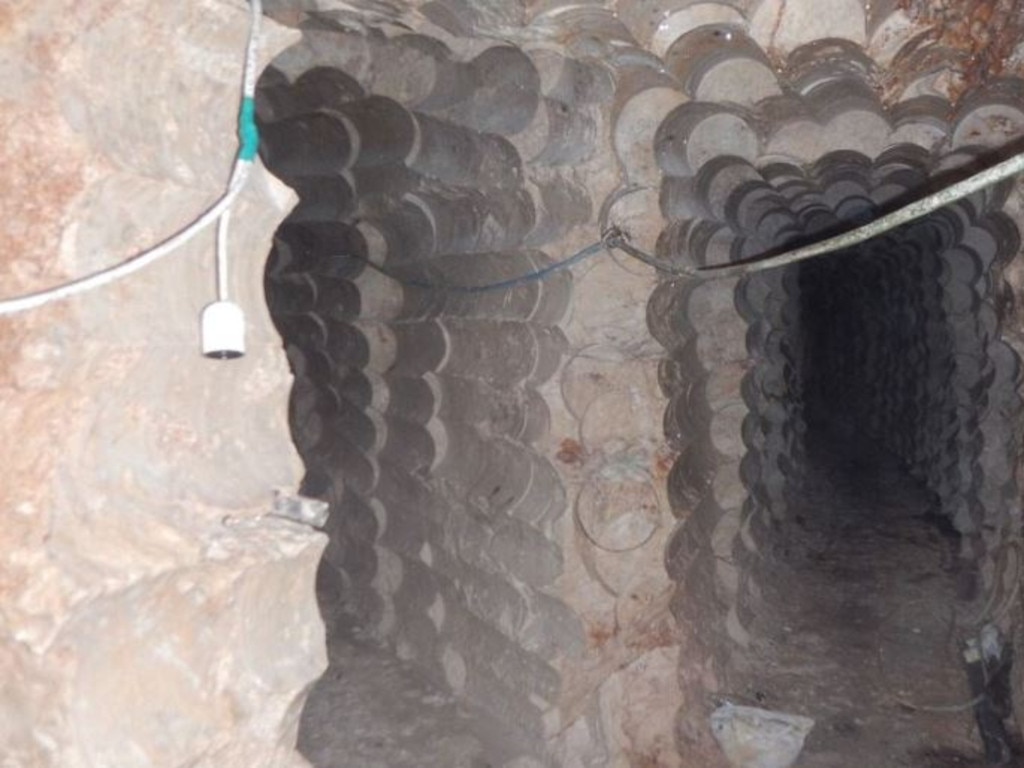
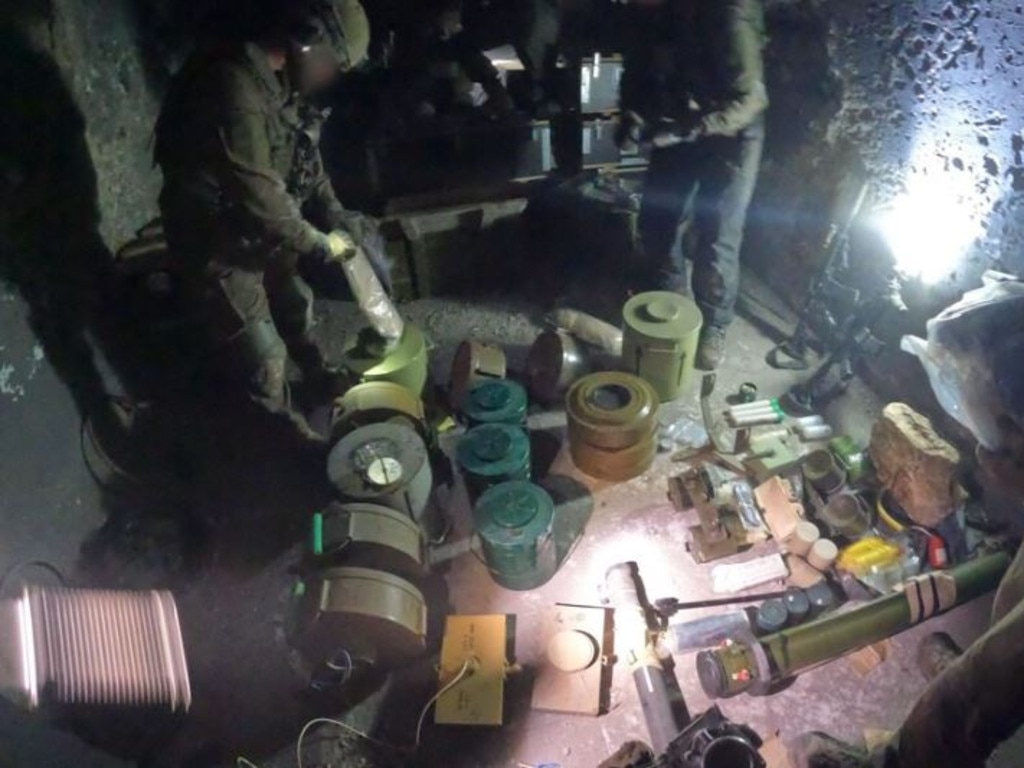
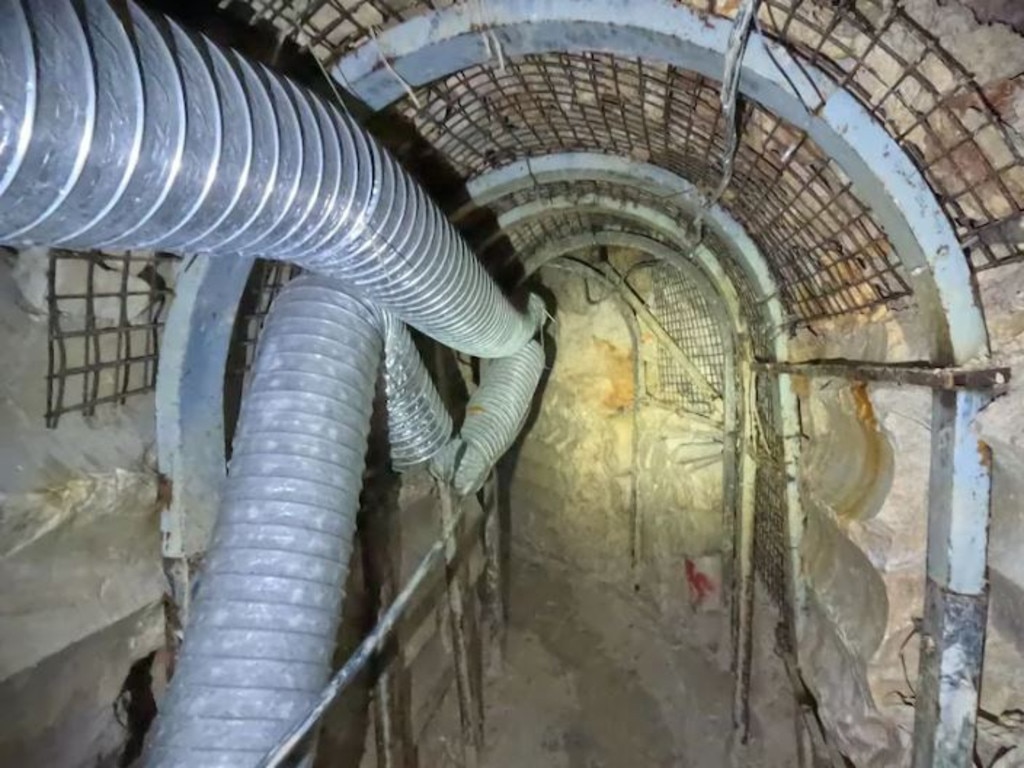

“The troops also uncovered and destroyed underground infrastructure, struck thousands of targets and hundreds of weapons storage facilities, tons of explosives, and hundreds of living areas for operatives, command centres and more,” an IDF statement revealed.
IDF has exposed over 700 ‘terror assets’: Israel
IDF spokesman Daniel Hagari has said IDF special forces units have entered Hezbollah compounds in Lebanon at “dozens of locations” over the past several weeks.
Hagari says at least 700 Hezbollah “terror assets”, including “Advanced Iranian-made weapons” have been destroyed.
Peacekeepers react to Israel escalation
The UN peacekeeping organisation in Lebanon has warned of the severe humanitarian risks involved in the current conflict between Israel and Hezbollah, revealing it was told of today’s escalation by the IDF yesterday.
“The price of continuing the current course of action is too high,” the United Nations Interim Force in Lebanon (UNIFIL) said in a statement
The IDF reportedly the organisation it would be going ahead with “limited ground incursions into Lebanon”.
“Any crossing into Lebanon is in violation of Lebanese sovereignty and territorial integrity, and a violation of resolution 1701,” UNFIL says.
In 2006, the UN Security Council’s resolution 1701 called for a full Israeli withdrawal from Lebanon’s south.
“As daily exchanges of fire are having devastating effects on civilians on both sides of the Blue Line, the Security Council strongly urged all relevant actors to implement immediate measures towards de-escalation,” UNIFIL said in a recent statement.
“It further demanded the parties recommit to the full implementation of all provisions of resolution 1701 and reiterated its strong support for full respect for the Blue Line and full cessation of hostilities.”
Israel says its main goal is to destroy “Hezbollah launchpads and infrastructure” in its ground invasion this week.
Officials in Tel Aviv also reported 15 projectiles fired by Hezbollah on Tuesday, with most landing in open areas in the nation’s north.
‘Chemical handshake’ suspected in plot to kill Hezbollah leader
Israel assassinated Hezbollah leader Hassan Nasrallah after he was allegedly marked with a chemical agent that allowed Israeli spies to track his movements, according to reports from Saudi news channel Al Hadath.
The agent, believed to be an Iranian visiting Beirut, passed the substance to Nasrallah through a handshake.
Security sources suggest the chemical might have been traced by micro-drones or low-flying sensors, which could have had a hand in his eventual death in an Israeli airstrike.
Israel is known to be at the forefront of urban warfare technology and is believed to be gathering intelligence on its targets with cutting-edge innovations and camera technology.
Alternatively, Nasrallah or one of his close associates, may have been sprayed with an invisible chemical marking agent that could be picked up by advanced scanners.
In total, over 20 Hezbollah members were killed in the strikes.
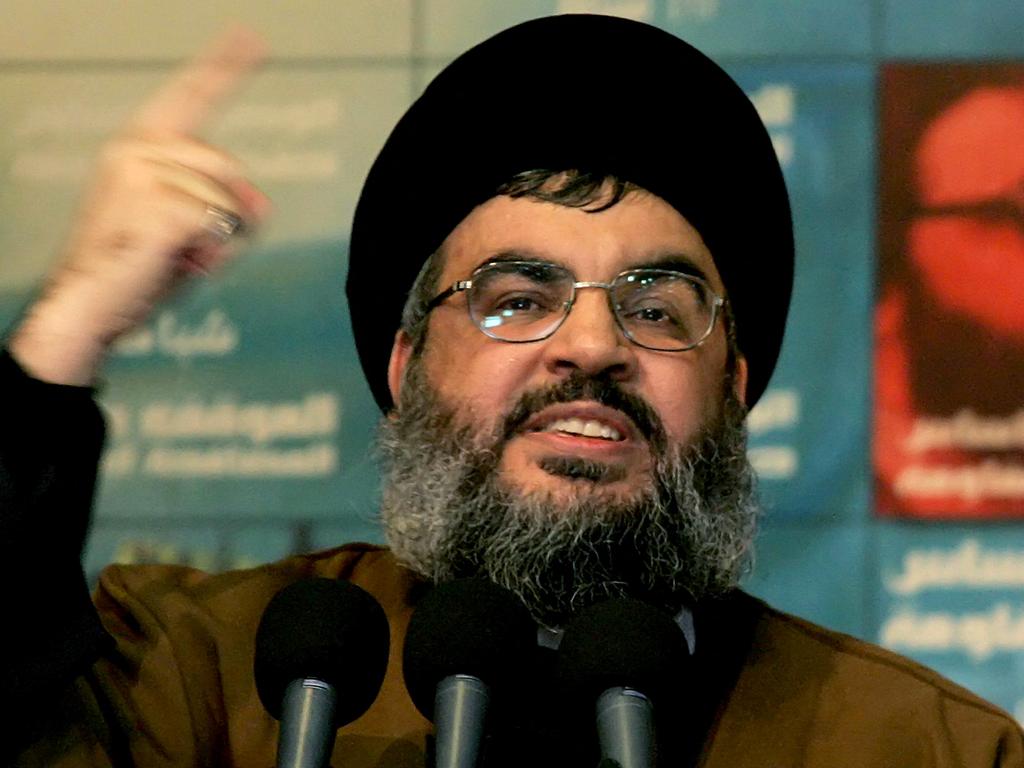
Israel warns civilians to evacuate ‘immediately’
Israel has warned people still residing in areas around southern Lebanon to evacuate their homes.
The Israel Defense Forces’ Arabic spokesman Avichay Adraee reeled off a list of around 25 villages that are expected to be affected during this week’s escalation.
“For your safety, you must evacuate your homes immediately,” he said on Tuesday.
“Any home used by Hezbollah for its military needs is expected to be targeted.”
Civilians have been told to “immediately head to the north of the Awali River” and await instructions on when it will be safe to return home.
Photos continue to stream in of the destruction on both sides of the border. On Tuesday, Israeli personnel were deployed to inspect missile strikes on their side of the border, with one landing in the middle of a highway.
Hezbollah also claimed it launched “Fadi-4” rockets at the headquarters of Mossad, Israel’s key intelligence service, in Tel Aviv.
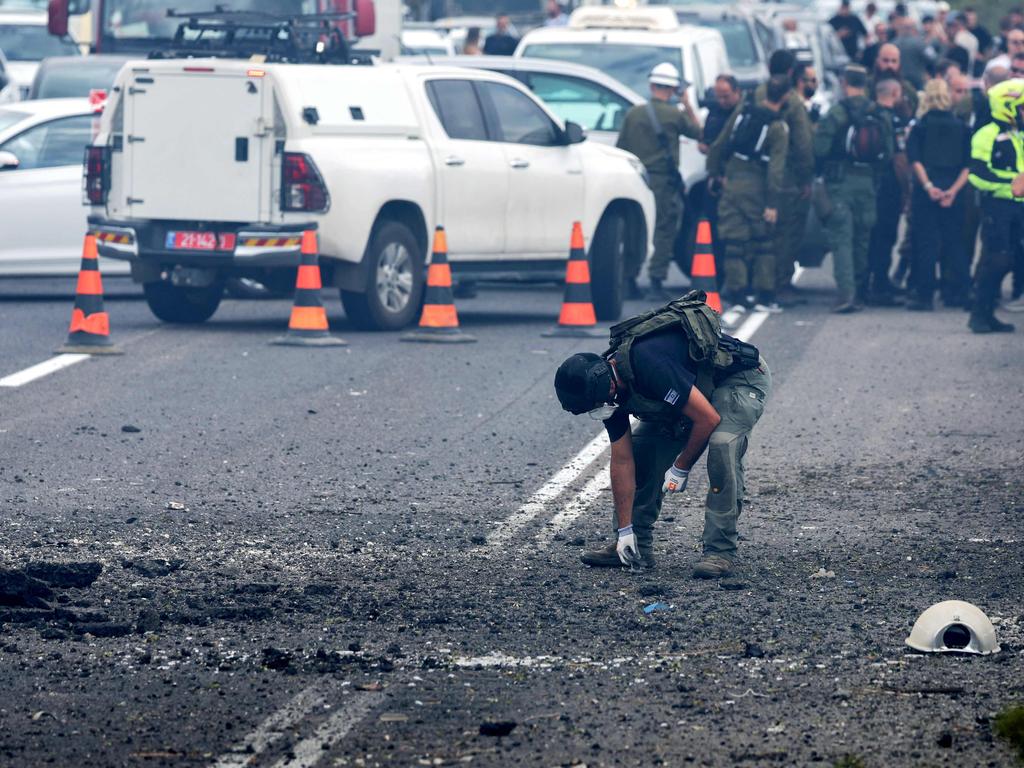
Israel targets Hezbollah bases
Lieutenant Colonel Peter Lerner told the BBC that Hezbollah has “forward-operating bases” in the south of Lebanon that he claims were intended to be used in “October 7-like attacks”.
Israeli military has pressed forward this week with intent to “dismantle those infrastructures”.
Lerner was questioned over the Israeli military’s used of the description “limited and targeted” to describe the attacks, the same language used almost a year ago when conflict with Hamas sprouted up again.
“No there is no plan to occupy [Lebanon], the plan is to dismantle the infrastructure that Hezbollah established to kill Israelis,” Lerner said.
Meanwhile, Lebanon’s Prime Minister Najib Mikati says his nation is facing “one of the most dangerous phases” with several thousands of lives at risk.
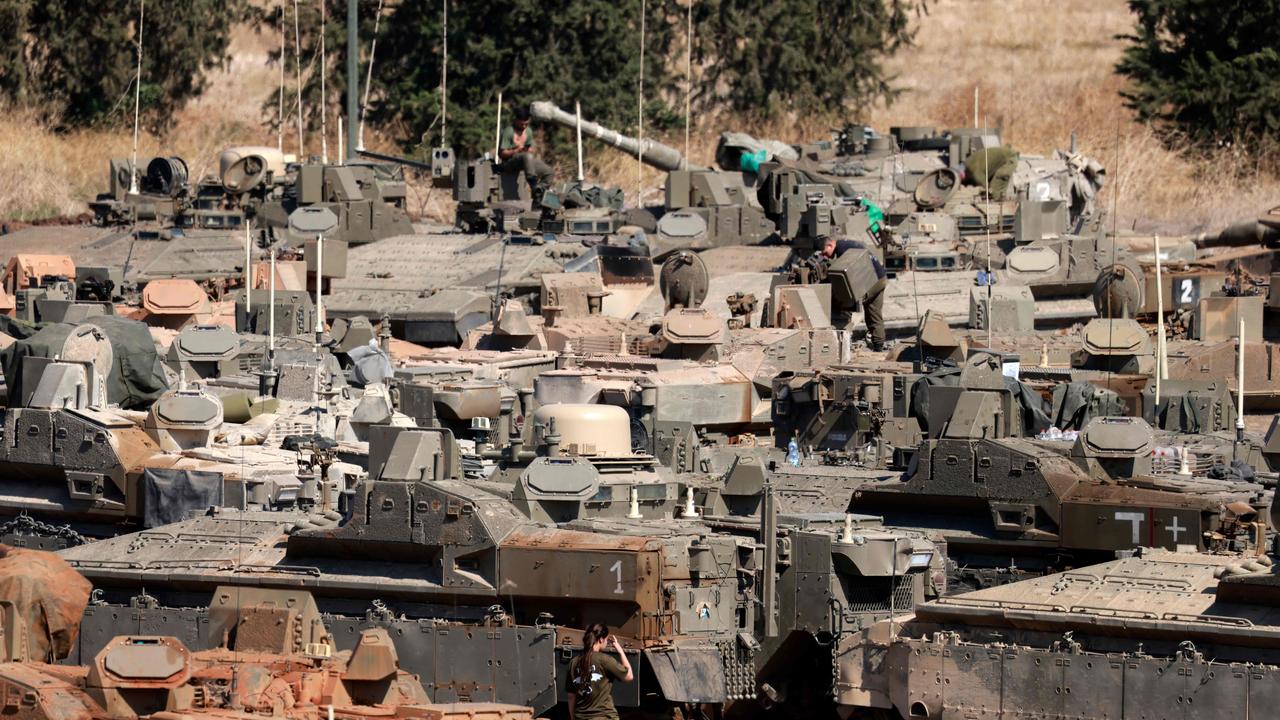
Explosions seen in Lebanese town as invasion starts
For the first time since the war of 2006, a 34-day conflict where 1,100 Lebanese civilians died as well as 40 Israelis and 120 IDF soldiers, Israeli troops have crossed the border.
Gunfire and explosions were heard coming from the southern village of Aadaysit Marjaayoun.
Israeli officials have insisted there will be “no long-term occupation” of the areas troops have entered, but didn’t specify how long the operation would last.’’
TV anchor killed in Israeli strike in Syria
While the IDF carried out a ground operation in Lebanon, Syrian state media have reported an Israeli air strike in the neighbouring country has killed three people, including a TV anchor.
According to state news agency SANA, well-known Syrian presenter Safaa Ahmed was among three killed in an overnight Israeli strike on the capital city of Damascus. Nine others were reportedly injured.
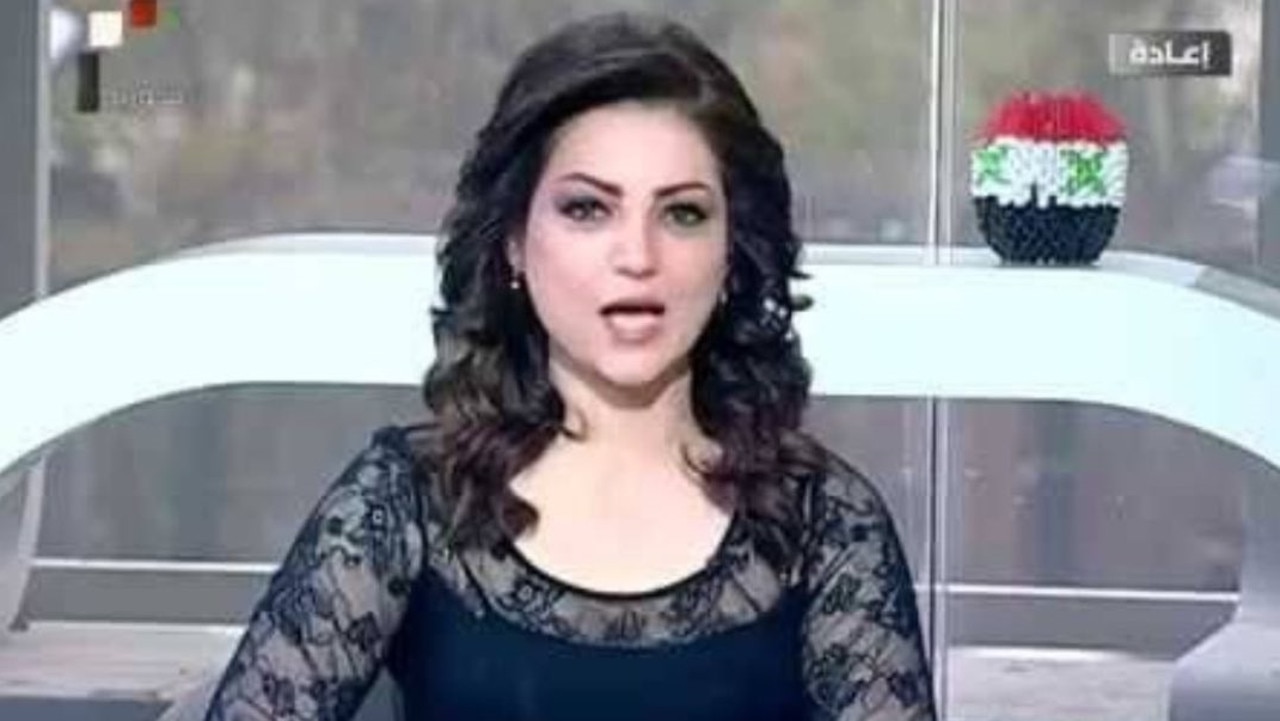
“The General Authority for Radio and Television announces the death of the anchor Safaa Ahmed as a martyr following the treacherous Israeli aggression on the capital, Damascus,” the report said.
According to CNN, the Syrian defence ministry said in a statement Damascus was targeted with drones and planes around 2am local time.
The ministry added its “air defence systems confronted the aggression’s missiles and drones and shot down most of them”.
Israel has not made comment on the deaths.
US warns of ‘serious consequences’ if Iran attacks Israel
The Biden administration has confirmed it supports Israel’s “right to defend itself” and warned of “serious consequences” for Iran if it tried to launch a direct military attack against Israel.
In a statement, the US Department of Defense said Defense Secretary Lloyd Austin spoke with his Israeli counterpart, Defense Minister Yoav Gallant, to discuss security developments.
“They agreed on the necessity of dismantling attack infrastructure along the border to ensure that Lebanese (Hezbollah) cannot conduct October 7-style attacks on Israel’s northern communities,” the statement read.
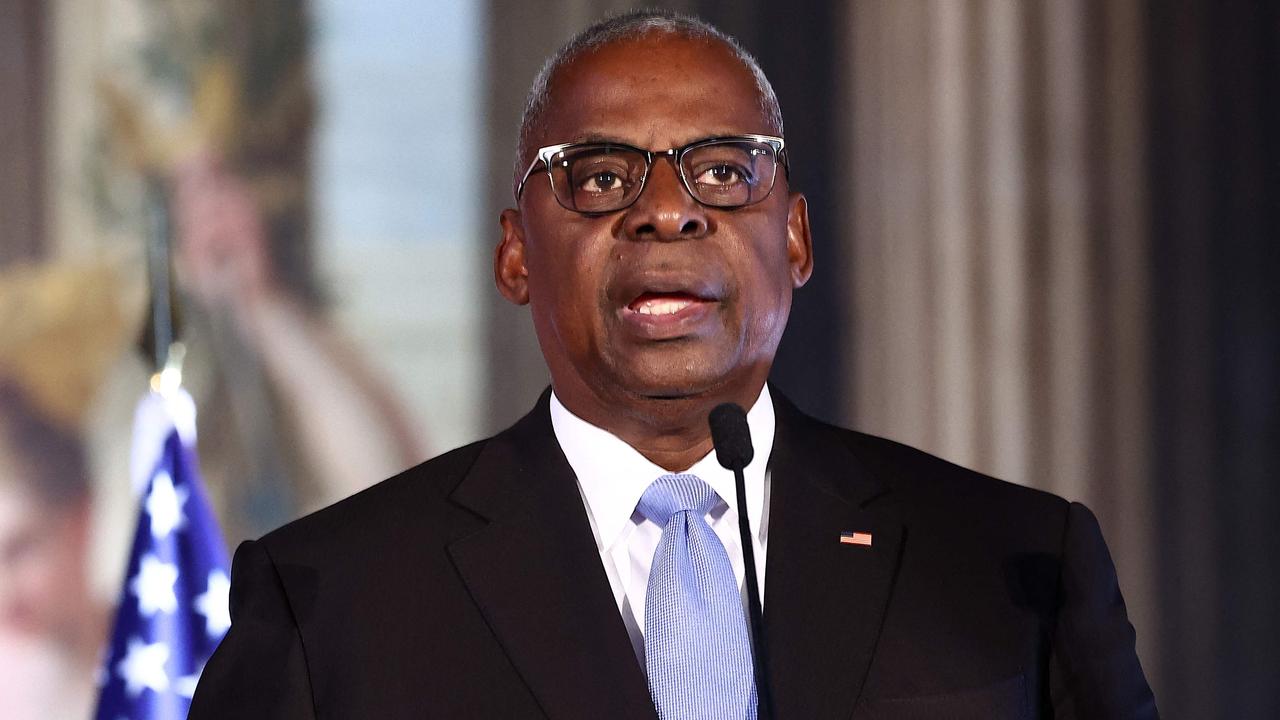
As tensions continue, both sides discussed “the importance of ultimately pivoting from military operations to a diplomatic pathway to provide security and stability as soon as feasible”.
The Secretary and Minister Gallant also warned of “serious consequences” for Iran if it chose to launch a direct military attack on Israel.
“The Secretary made clear that the United States is well postured to defend US personnel, partners, and allies in the face of threats from Iran and Iran-backed terrorist organisations, and determined to prevent any actor from exploiting tensions or expanding the conflict.”
It comes after US President Joe Biden earlier said “we should have a ceasefire now” when asked about the about the prospect of an Israeli ground operation in Lebanon by reporters on Monday.
“I’m comfortable with them stopping,” Mr Biden said.
Why has Israel invaded Lebanon’s southern border
A key aim of Israeli Prime Minister Benjamin Netanyahu is to allow tens of thousands of Israelis to return to their homes close to the Lebanon border, which have been bombarded with Hezbollah rockets for almost a year.
Shelling of the area on Monday into Tuesday was aimed at getting Hezbollah fighters away from key infrastructure, which Israel then plans to destroy to allow its people back into villages.
But if Hezbollah fighters don’t back off, and instead engage with the Israeli army, the operation could have far reaching consequences.
“In accordance with the decision of the political echelon, a few hours ago, the IDF began limited, localised, and targeted ground raids based on precise intelligence against Hezbollah terrorist targets and infrastructure in southern Lebanon,” the IDF wrote in a statement on social media.
“These targets are located in villages close to the border and pose an immediate threat to Israeli communities in northern Israel.”
It noted Israeli Air Force and IDF Artillery are supporting the ground forces with “precise strikes” on military targets in the area.
The US and other western and Middle East nations have repeatedly tried to discourage Israel from widening its conflict with Hezbollah, particularly by pushing into Lebanon, out of concern out of the casualties and damage it could cause fears it could start a wider conflict.
But Mr Netanyahu appears to have ignored all of those calls.
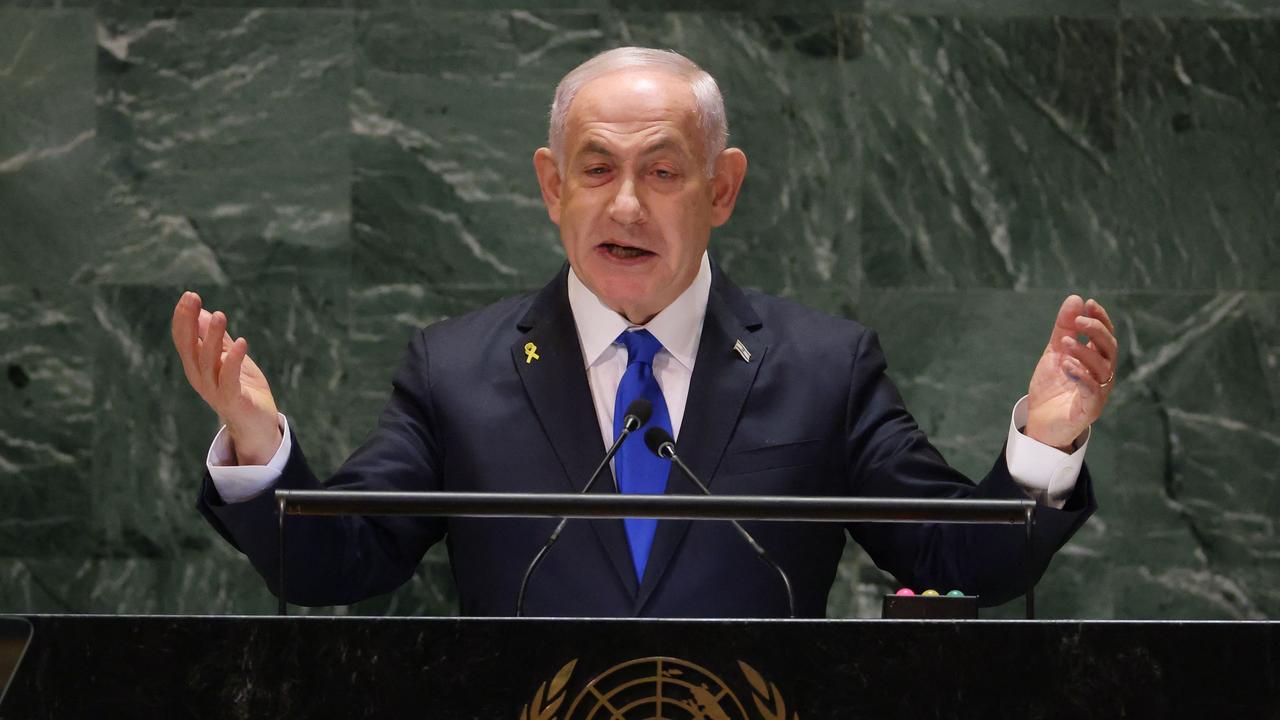

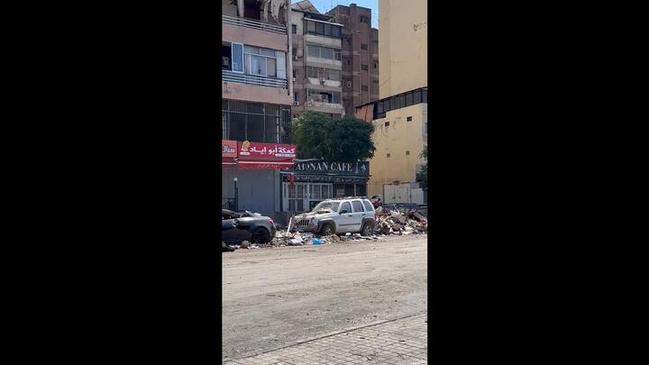
Israel’s warning comes after reports three senior members of the Popular Front for the Liberation of Palestine (PFLP) were killed in a strike on Beirut on Monday.
The attacks have shown how Israel has widened its attacks beyond just Hezbollah.
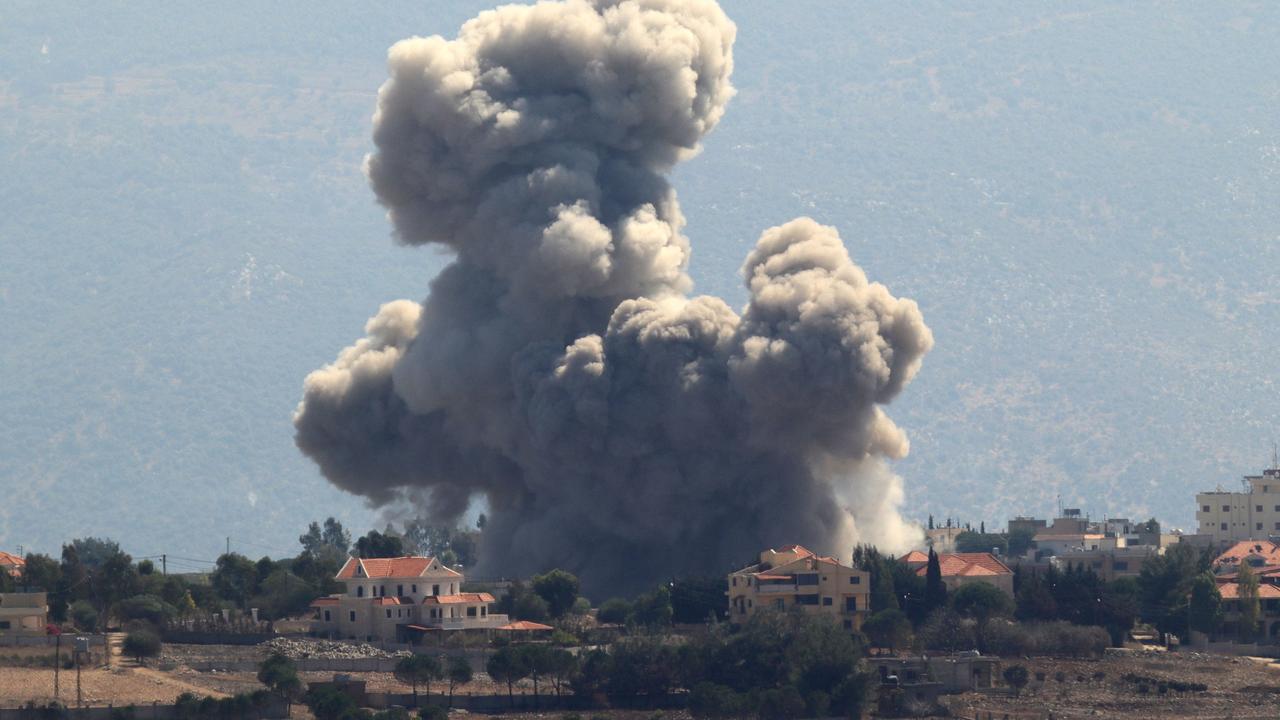
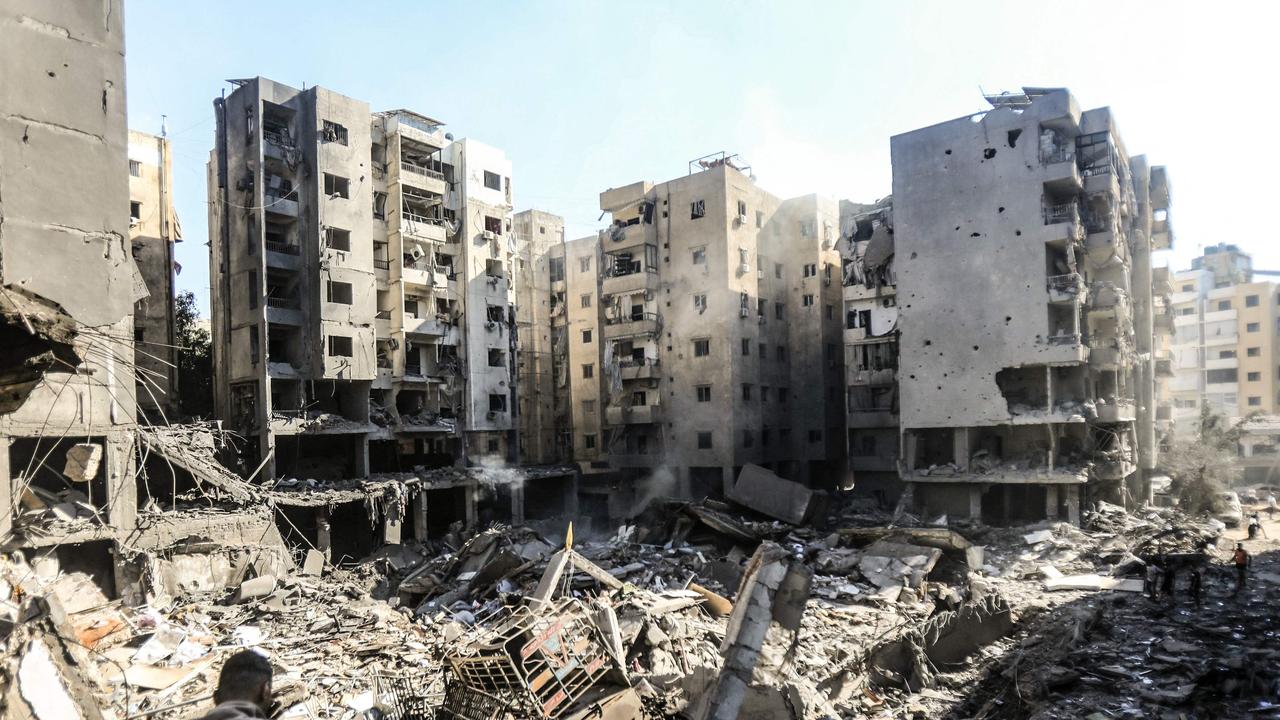
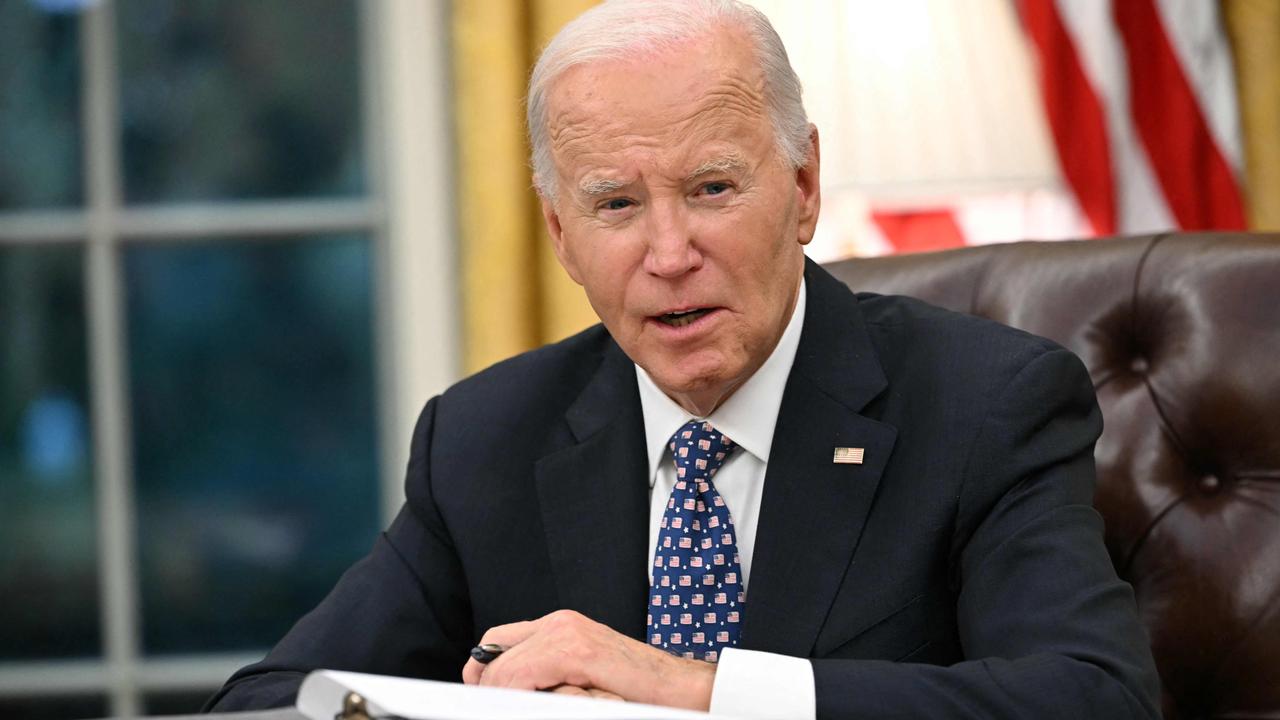
‘Evacuate immediately’: IDF issues urgent warning to civilians
The IDF earlier issued an “urgent warning” to civilians in parts of southern Beirut, including the neighbourhoods of Al-Laylaki, Heart Hreik and Burj Al-Barajneh.
“You are located near interests and facilities belonging to the terrorist Hezbollah, and therefore the IDF will act against them forcefully,” the IDF’s Arabic spokesman Avichay Adraee said.
“For your safety and the safety of your family, you must evacuate the buildings immediately, starting at a distance of no less than 500 meters.”
The post included a series of maps indicating certain buildings near images of red targets.
It comes as a Lebanese government minister confirmed “operations have started” and shared explosions have been reported in Beirut.
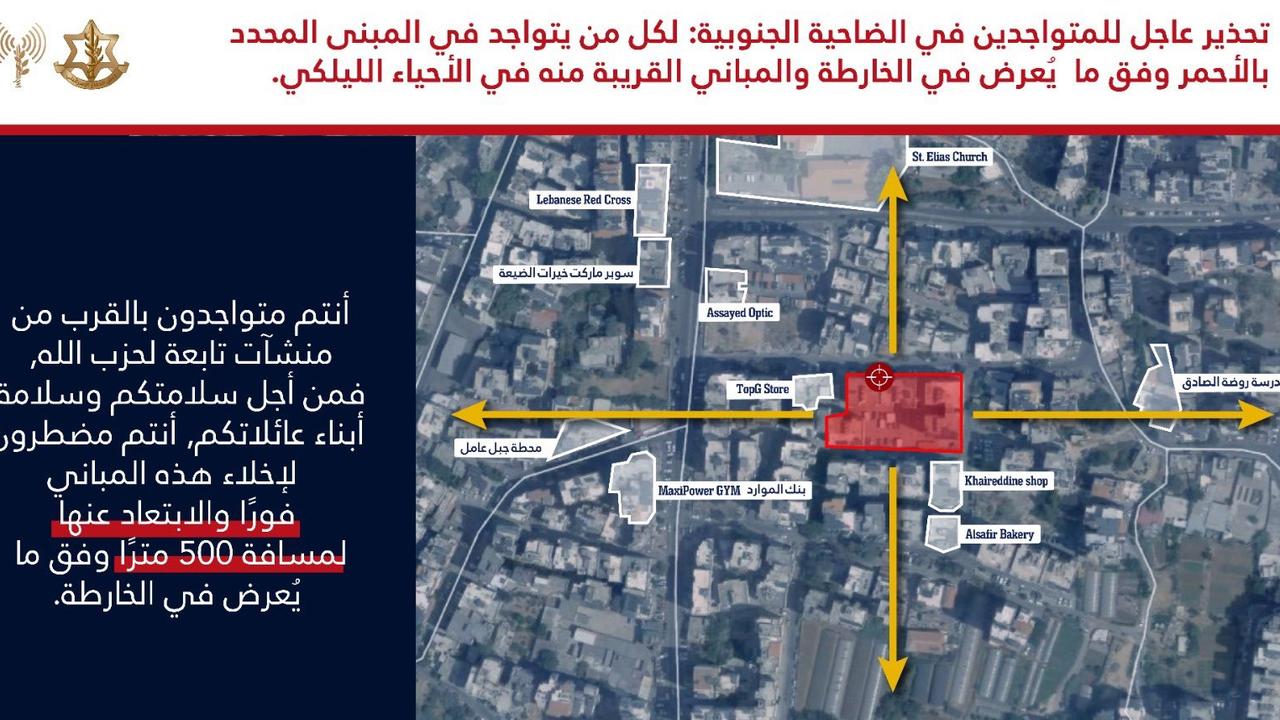
Hezbollah defiant
Hezbollah’s deputy leader said the group will keep up the fight against Israel in support of Palestinians in Gaza and is ready for an IDF ground offensive into Lebanon.
Hezbollah deputy secretary-general Sheikh Naim Qassem – thought to be the current highest-ranking leader of the paramilitary group, made the group’s first address on Monday, Lebanon time, since an Israeli strike killed leader Hassan Nasrallah.
“Our operations have continued at the same pace, and more, since his killing,” Qassem declared, as translated by Reuters.
“We know that the battle may be long. We will confront any possibility and are ready if Israel decides to enter by land. Hezbollah’s forces are ready for a ground incursion,” he said.
“We will not move from our positions, will continue facing the Israeli enemy to support Gaza and Palestine.”
Qassem also directly addressed the United States and its “limitless support” for Israel, which he claims has been carrying out “massacres”.



